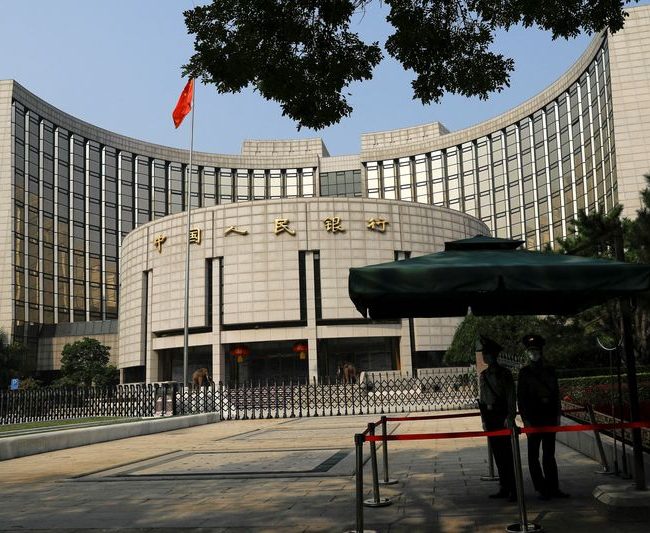
Capital Economics sees economic progress in South Africa

Capital Economics highlighted the progress made by South Africa’s Government of National Unity (GNU) in the six months since its formation, noting improved market goodwill, no recent loadshedding, and eased logistics constraints. The firm acknowledged the improved fiscal position but also pointed out significant challenges ahead due to the deep-rooted issues facing the economy.
Despite the policy disagreements within the GNU, macroeconomic conditions in South Africa have improved, with inflation retreating to 2.9% year-on-year in November. This allowed the South African Reserve Bank to initiate an interest rate cut, reducing rates by 50 basis points to 7.50%. The country has also seen more than nine months without loadshedding and improvements in logistics, contributing to economic activity.
The GNU has continued the fiscal consolidation efforts begun by the previous ANC government, maintaining primary balance surpluses and gaining investor confidence. As a result, South Africa’s 10-year local currency government bond yield has dropped to 9.20%, a decrease from the peak of nearly 11% around election time.
Capital Economics remains optimistic about South Africa’s economic outlook, projecting growth to exceed 2% this year. The firm expects the negative effects of past loadshedding and logistics issues to diminish further, with the rebounding agriculture sector supporting this growth alongside increased consumer and business confidence, lower inflation, and looser monetary policy.
However, the firm also cautioned about the risks ahead, particularly concerning fiscal policy. The GNU’s commitment to tight fiscal policy may be tested by the ANC’s potential desire to increase spending to retain its working-class base and the DA’s opposition to such measures.
Eskom’s financial issues pose another significant challenge, with municipalities owing the utility ZAR74 billion ($4bn) in unpaid electricity bills, a figure expected to rise. The debate over Eskom’s management and potential bailouts could impact the GNU’s ability to maintain recent improvements in electricity supply.
In conclusion, while the GNU has made considerable progress, the entrenched economic problems of South Africa remain difficult to resolve. Capital Economics maintains its medium-term growth estimate for the South African economy at around 1.5% annually, contingent on addressing these structural challenges.
This article was generated with the support of AI and reviewed by an editor. For more information see our T&C.


